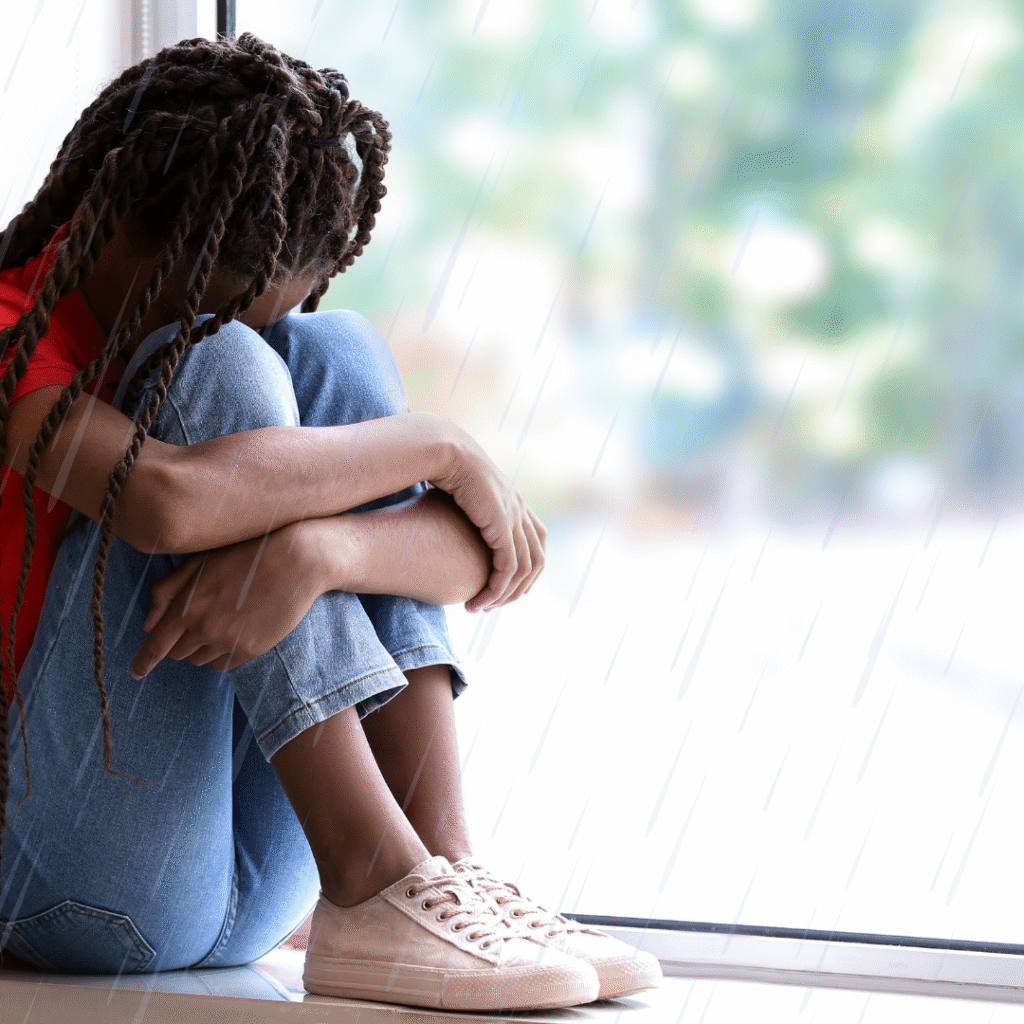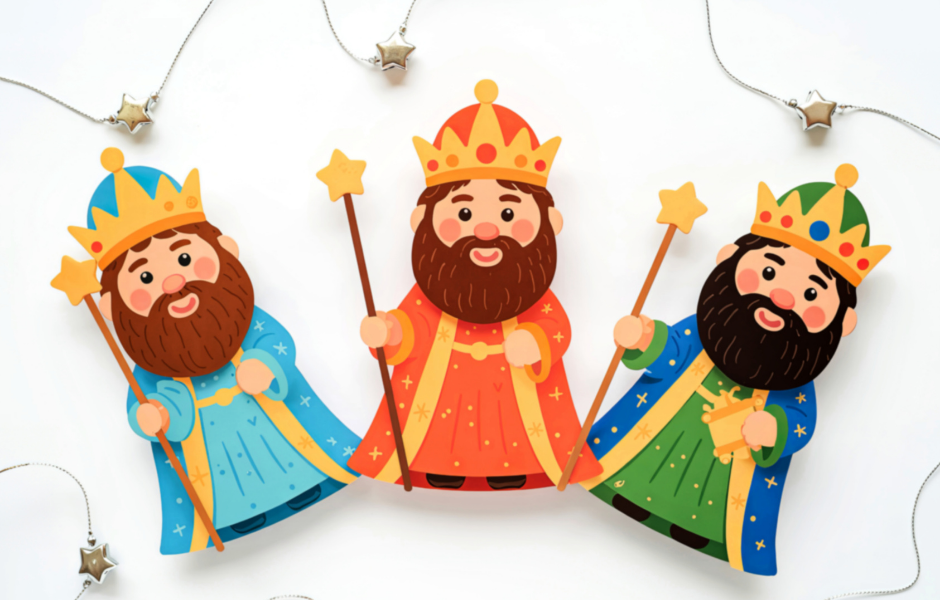
This children’s article, Loneliness Awareness Week 2025: Why Feeling Lonely Happens to Everyone, has been written for native English speakers and learners of English as a second or foreign language. It can help children practise reading and comprehension, learn useful vocabulary, and explore an important event taking place in the UK and worldwide. Written by an experienced teacher and writer, this article explains what loneliness is, why it happens, and what we can all do to feel more connected.
What is Loneliness Awareness Week?
Loneliness Awareness Week happens every year and this year it’s running from 9 to 15 June. It started in the UK in 2017 to help people talk about loneliness and find ways to feel more connected. Although it began in the UK, loneliness is something people all around the world experience.
Our brains are made to connect with other people. When we feel lonely, it is a natural signal telling us that we might need more social contact. Everyone can feel lonely sometimes. It does not mean something is wrong with us.
What does loneliness feel like?
Sometimes, having time alone is nice. We can read, think, or relax by ourselves. However, if being alone lasts too long or happens too often, it might stop feeling good. Loneliness can feel like being separated from others or missing friends and family. People might feel isolated or left out.
Loneliness can be different for everyone. Some people feel lonely even if they are around others. Others may feel lonely because they do not have anyone to talk to or play with.
Who feels lonely?
Loneliness is often linked with older people. Many grandparents or elderly neighbours might feel lonely if they live by themselves. But young people also feel lonely. In fact, research shows that teenagers and young adults between 16 and 24 years old are now the most likely group to feel lonely.
What can we do to help?
During Loneliness Awareness Week, and all year round, there are simple things we can do to feel less lonely or to help others.
If you see a classmate sitting alone or playing by themselves, invite them to join your game or group. It can make a big difference to how they feel.
When your parents ask you to visit grandparents or older neighbours, remember how happy they will be to see you. Your visit can brighten their day and help them feel less lonely.
If you ever feel lonely yourself, try to talk to someone you trust, like a parent, teacher, or friend. Doing activities you enjoy and joining clubs or groups can help you meet new people and make friends.

Building supportive communities
Loneliness Awareness Week is about creating communities that care for each other. It teaches us that loneliness is a normal feeling but we do not have to face it alone. By understanding loneliness better, we can help ourselves and others feel happier and more connected.
You can learn more about Loneliness Awareness Week here.
Article vocabulary list
- Loneliness – the feeling of being alone and wanting company
- Signal – a sign or message that tells us something
- Isolated – separated from others or feeling alone
- Community – a group of people who live or work together and support each other
- Trust – to believe someone will help or support you
- Neighbour – a person who lives near you
- Invite – to ask someone to join or come somewhere.
Comprehension questions
Just click the plus (+) to see the answer
1. When is Loneliness Awareness Week 2025?
a) 1 to 7 June
b) 9 to 15 June
c) 15 to 21 June
Answer: b) 9 to 15 June
2. Where did Loneliness Awareness Week start?
a) Canada
b) USA
c) UK
Answer: c) UK
3. What does loneliness signal?
a) That we need food
b) That we need more social contact
c) That we need to sleep
Answer: b) That we need more social contact
4. Who is most likely to feel lonely according to research?
a) People aged 16 to 24
b) People aged 50 to 60
c) Children under 10
Answer: a) People aged 16 to 24
5. What is one thing you can do to help someone who might be lonely?
a) Ignore them
b) Invite them to play or talk
c) Tell them to be quiet
Answer: b) Invite them to play or talk
Sinead is a writer and EFL teacher with eight years’ experience. She’s a native English speaker who loves making news stories fun and easy to understand for children around the world. Her passions include travel, animals, and helping to make the world a kinder, more sustainable place.




